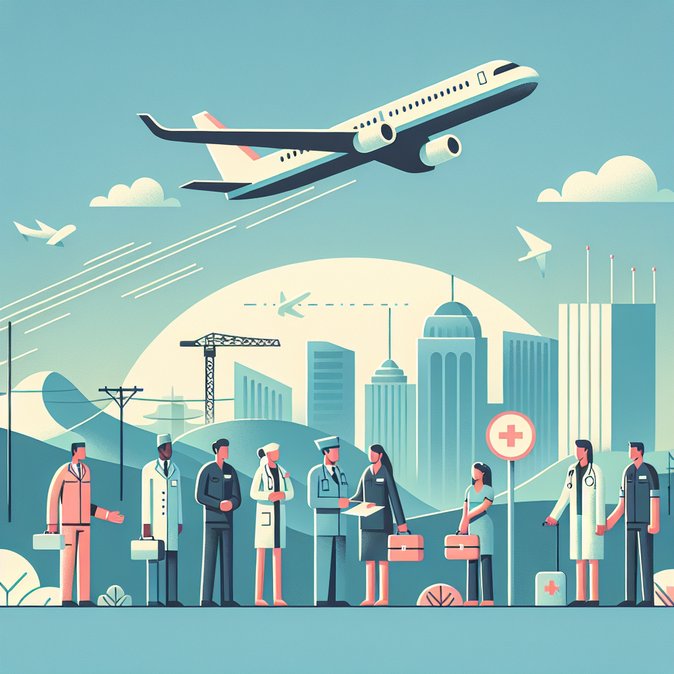
Brazil’s Ministry of Human Rights and Citizenship (MDHC) confirmed on 11 November 2025 that a charter flight carrying Brazilians deported from the United States will land at Belo Horizonte–Confins airport on the evening of 12 November. The arrival is part of the government’s ‘Aqui é Brasil’ programme, an inter-ministerial effort to ensure dignified reintegration of repatriated nationals.
Under the protocol, staff from eight federal agencies, the Federal Police and the International Organization for Migration will provide arriving passengers with medical screening, psychological counselling, meals, hygiene kits and onward travel to their home states. According to the MDHC, this is the eighth such reception in 2025, reflecting a sharp rise in U.S. deportations following the reinstatement of expedited-removal procedures at the southern U.S. border.
![Brazil Announces Humanitarian Reception for Citizens Deported from the United States]()
Why it matters for mobility teams – Many multinational companies relocate Brazilian employees to U.S. subsidiaries. HR managers should note the more aggressive U.S. enforcement environment: workers whose status lapses risk detention and summary deportation. The Brazilian government’s expanded support network does not replace legal assistance abroad, but it does provide a safety net on return. Employers may wish to review immigration-compliance audits and ensure that assignees maintain valid visas and I-94 records.
Domestic policy angle – The Lula administration has framed the receptions as a human-rights obligation, but opposition lawmakers argue that the state should pressure Washington for broader regularisation programmes instead of merely managing deportations. The Foreign Ministry has stated that consular outreach in Texas, Arizona and California has increased 40 % year-on-year.
Practical tip – Companies with “returnee” employees can refer them to the MDHC hotline (+55 61 2027-3538) for information on documentation, social benefits and job-placement services offered in partnership with SINE employment offices.
Under the protocol, staff from eight federal agencies, the Federal Police and the International Organization for Migration will provide arriving passengers with medical screening, psychological counselling, meals, hygiene kits and onward travel to their home states. According to the MDHC, this is the eighth such reception in 2025, reflecting a sharp rise in U.S. deportations following the reinstatement of expedited-removal procedures at the southern U.S. border.

Why it matters for mobility teams – Many multinational companies relocate Brazilian employees to U.S. subsidiaries. HR managers should note the more aggressive U.S. enforcement environment: workers whose status lapses risk detention and summary deportation. The Brazilian government’s expanded support network does not replace legal assistance abroad, but it does provide a safety net on return. Employers may wish to review immigration-compliance audits and ensure that assignees maintain valid visas and I-94 records.
Domestic policy angle – The Lula administration has framed the receptions as a human-rights obligation, but opposition lawmakers argue that the state should pressure Washington for broader regularisation programmes instead of merely managing deportations. The Foreign Ministry has stated that consular outreach in Texas, Arizona and California has increased 40 % year-on-year.
Practical tip – Companies with “returnee” employees can refer them to the MDHC hotline (+55 61 2027-3538) for information on documentation, social benefits and job-placement services offered in partnership with SINE employment offices.





